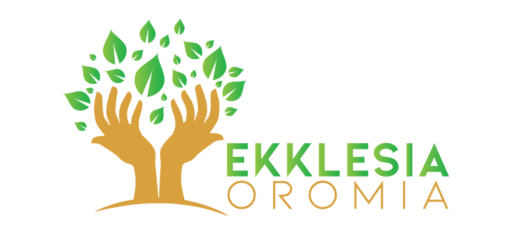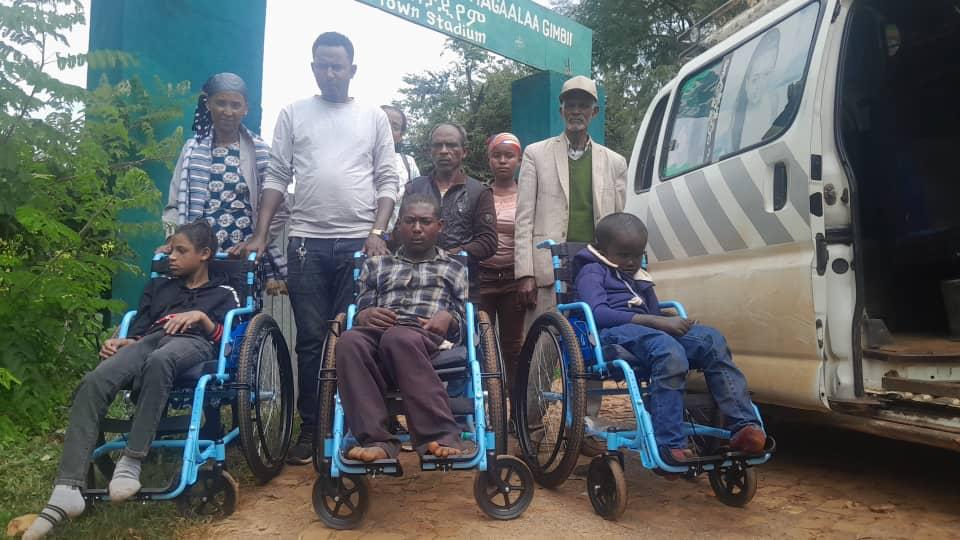Visit Orphans and Widows in their Affliction
Join Hands And Make a Change
Our organization seeks to mobilize local and global contributions to support vulnerable population in rural parts of Oromia, Ethiopia.
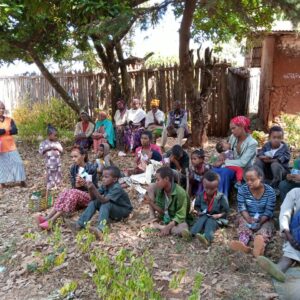
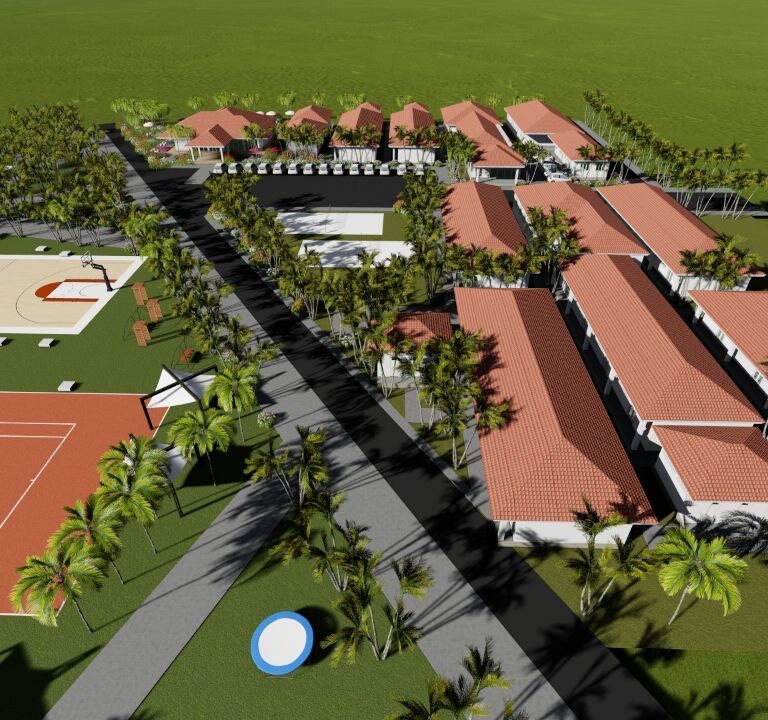
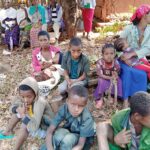

What We Do
Ekklesia Oromia
Based in the United States of America, Ekklesia Oromia is a 501(c)(3) non-profit organization. Ekklesia Oromia has a holistic mission to meet the physical, emotional, and spiritual needs of the vulnerable communities in Bojjii, Western Oromia, and surrounding Oromo regions. The organization seeks to serve orphans, widows, the disabled, and elderly by identifying potential relationships and establishing partnerships with faith-based organizations locally and internationally.

Help is Our Goal
What Make Us Different

We Help
Volunteer to join our cause and be a part of the work we do.

We Build
As a charitable organization seeking to help the most vulnerable, we welcome your input and services with sincere gratitude.

We Donate
Our organization seeks to mobilize local and global contributions to support vulnerable population in rural parts of Oromia, Ethiopia.
Gallery
Through the act of giving even a little, you have the ability to bring comfort and aid to many people.
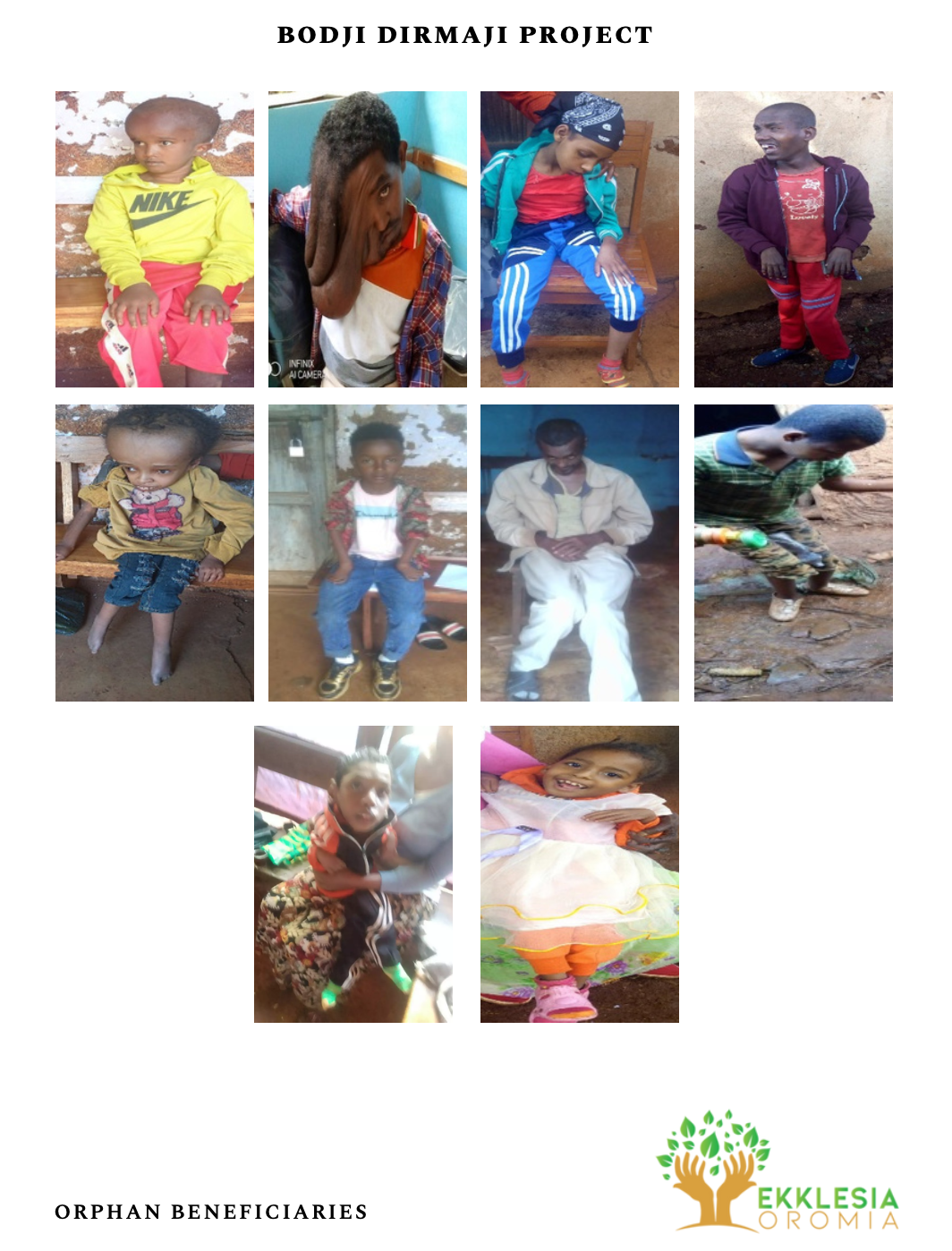
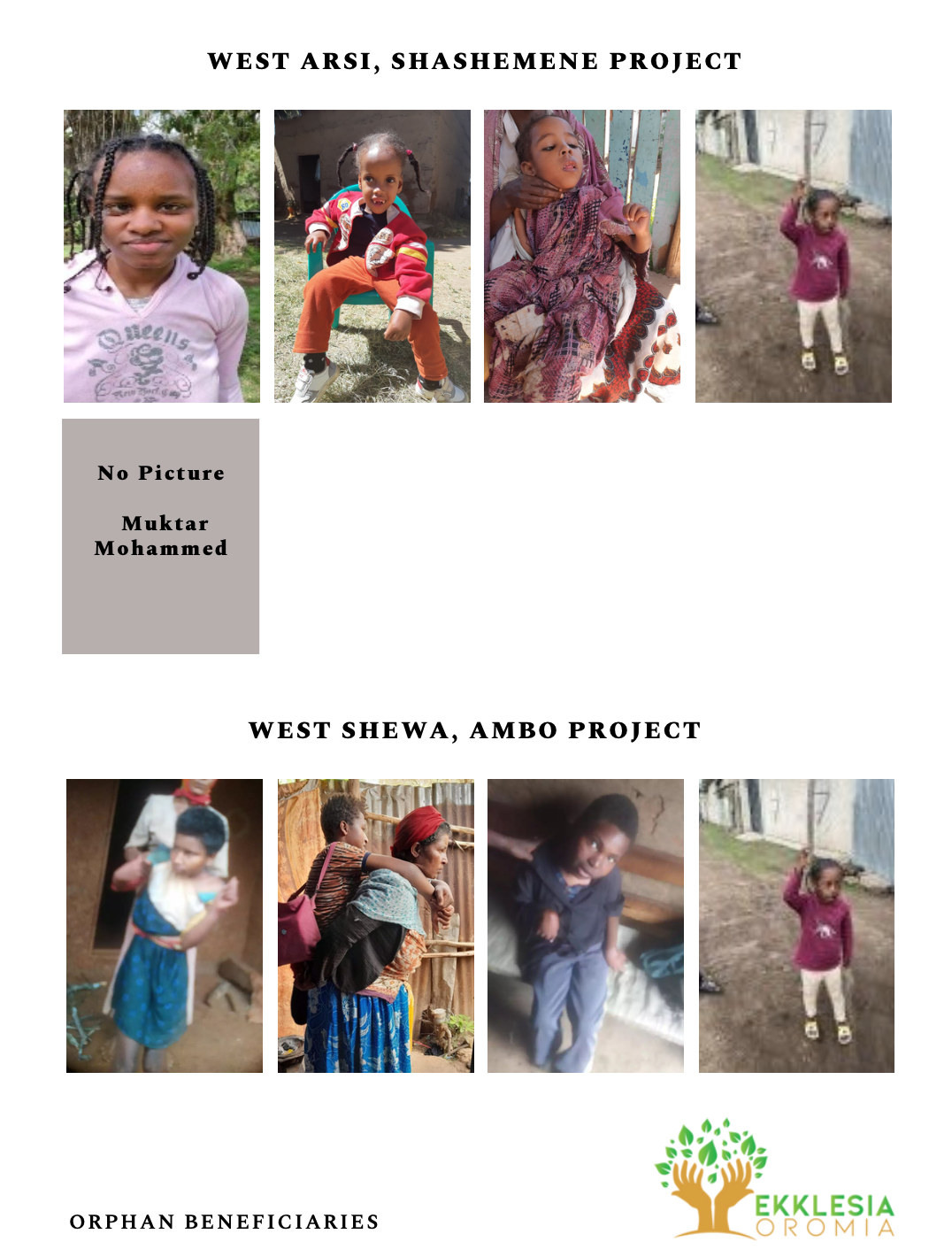
Volunteer Journey
Join Us & Make a Difference
According to UNICEF, Ethiopia counts as one of the largest populations of orphans in the world: 13 percent of children throughout the country are missing one or both parents. This represents an estimated 4.6 million children—800,000 of whom were orphaned by HIV/AIDS.
According to the World Widows Report (2015) by The Loomba Foundation, there were close to 2.5 million widows in Ethiopia.
A study from the Bojjii office of administration reveals that, in the focus area of Bojjii alone, there are 439 elders (above age 60), 884 orphans and 65 children with disabilities without sufficient services and assistance.

To Know More
The Town of Billa
The town of Billaa, situated in the woreda (district) of Bojjii, is located in the rural region of Oromia, Ethiopia. In 1861, this vibrant market place was formed by land owners as a sealing and buying place for their agricultural products. Based on Billaa municipality documentation, the name given to the market place was based on the name of a landowner in the area and the tall grasses that covered the region, widely known as Billaa. In the years to come, like any other woreda town, Billaa’s population transformed based on socio-economic, cultural and political conditions. The population of the city is currently estimated at 21,590. Over 75% of the population are young people, hence offering both challenges and opportunities for growth and development in the region. In the district of Bojjii, there are currently over 400 elders (above the age of 60), 884 orphans and 65 children with disabilities in need of service and assistance.
Our Partners
Oromo Lutheran Church of Columbus Ohio
Our partners play a vital role in providing support to the children in Oromia, demonstrating their unwavering commitment to improving their lives. Through their dedicated efforts and resources, they create a nurturing environment where these children can thrive and reach their full potential.
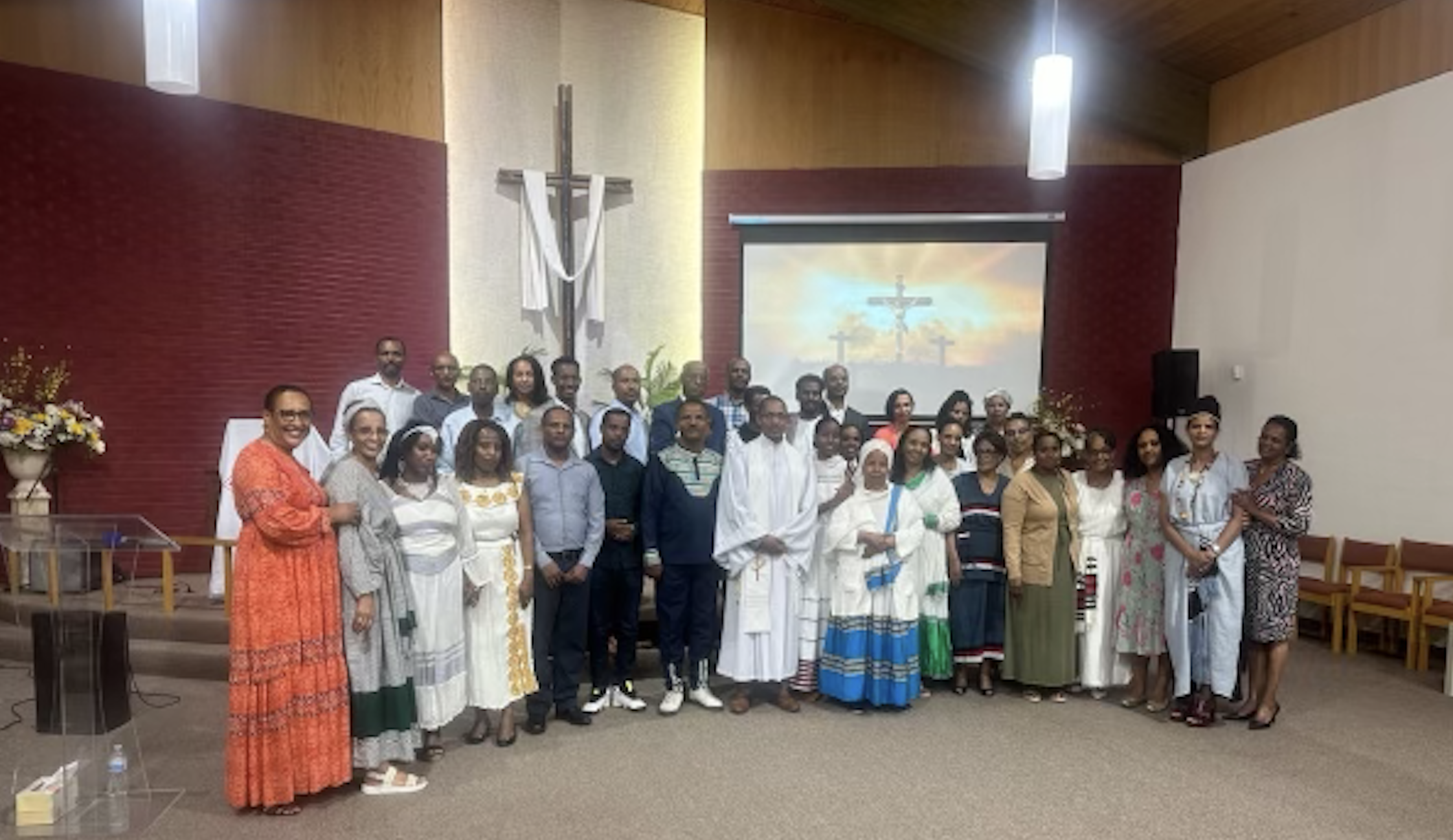

Donate to Ekklesia Oromia
Currently under construction, the Orphans Village will mainstream orphans, widows, the disabled and elderly communities without proper care and attention in the Ekklesia Oromia Bojjii Elderly and Orphan Village, located in Western Oromia at Billa Town.
Donate to Ekklesia Oromia Bojjii Orphans and Elderly Village
Notice: Test mode is enabled. While in test mode no live donations are processed.
On September 2, 2025, Ekklesia Oromia, a well-established non-governmental organization (NGO) committed to promoting the rights and welfare of individuals with disabilities, formalized a bilateral agreement with Agape Mobility Ethiopia, a leading provider of mobility aids. This partnership is designed to support individuals living with disabilities, particularly those who face challenges with mobility. As part …
Agape Mobility & Ekklesia Oromia Partner to Empower Children with Disabilities Read More »
Ekklesia Oromia is excited to announce a meaningful milestone in our mission to uplift and support underserved communities. In collaboration with Agape Mobility, we successfully delivered a new shipment of wheelchairs to residents of Boji, bringing hope, dignity, and mobility to individuals who have been living without proper assistance. This initiative reflects our commitment to …
Ekklesia Oromia Collaboration with Agape Mobility Read More »

